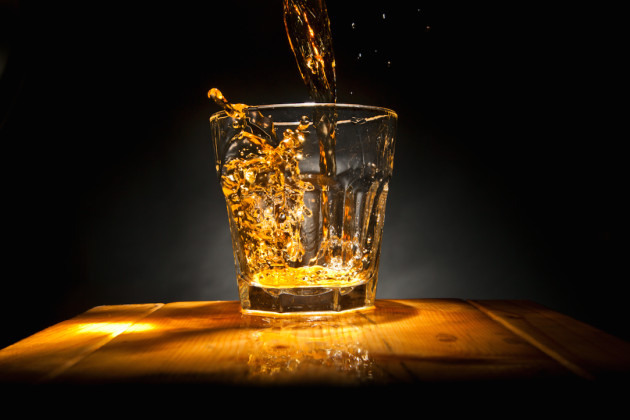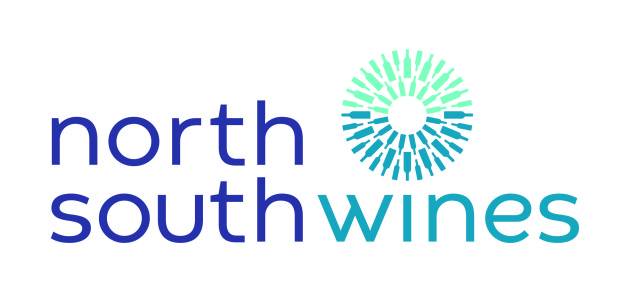
Industry “absolutely shocked” by proposed Scottish alcohol advertising ban
The Scottish government is in the midst of a consultation, seeking views on potential restrictions to alcohol advertising and promotion in Scotland.
Headed up by MSP Maree Todd, the proposals considered include a ban on billboard adverts and sports and music festival sponsorships.
The consultation also suggests the possibility of in-store restrictions such as storing alcohol behind the counter, or in a cordoned-off area where products would not be visible up to a minimum height of 1.5 metres, as they do now in Ireland following a law change in 2020.
- READ MORE: Scottish businesses brace for divisive DRS
Of course, these restrictions are not without precedent. In 2020, the alcohol-specific death rate was 21.5 per 100,000 people in Scotland, compared to 13 and 13.9 in England and Wales respectively.
According to the National Records of Scotland, 1,245 people died from conditions caused by alcohol in Scotland in 2021, the equivalent of 24 a week – the highest number of deaths since 2008.
Clearly, alcohol-related harm is a pressing issue in Scotland, as indicated by other recent measures the country has taken, such as the minimum unit pricing policy, the reduction of the drink-drive limit and the multi-buy discount ban.
However, Blair Bowman, the whisky consultant and broker has suggested his colleagues in the industry have been left, “absolutely shocked” by the proposals put forward by the Scottish government.
Speaking to Harpers, Bowman said, “Scotch whisky has GI (Geographical Indication) protected status which shows how unique and special Scotch whisky is. However, in their proposals, the Scottish government have said that by removing marketing and branding, all sub-categories of alcohol are essentially the same thing.
“This is a very odd thing for the government to say about a national product with GI status and seems to disregard the diverse range of flavour profiles and craftsmanship that makes Scotch whisky so popular.”
The report also suggests banning the distribution of alcohol-branded merchandise including T-shirts, jackets and baseball caps as well as branded glasses and mugs.
Bowman (pictured below) added: “The proposals for alcohol-branded merchandise could make visitor centres at whisky distillers, as well as gin distilleries and breweries, unviable. These are typically in rural communities providing great jobs and tourism experiences.
“Whisky tourism is increasingly popular and a real draw for visitors to Scotland but these new proposals would make the already challenging trading situation even harder.”

Photo: Blair Bowman, whisky consultant and broker
According to the Scotch Whisky Association, in 2019, there were 2.2 million visits to Scotch whisky distilleries, making the industry the third most popular tourist attraction in Scotland, generating approximately £70m in revenue.
The proposals would also affect other major events and attractions in Scotland.
Bowman continued: “Most of our amazing world-class events that happen in Scotland, like the Edinburgh Fringe Festival or Scottish Ballet, are dependent heavily on drinks brand sponsorship to stay afloat because they just don't receive enough arts funding.”
At present, there is a code of practice for alcohol advertising, but the report stated that current regulation and monitoring are mostly complaints-led.
In her ministerial foreword, Maree Todd, said: “Young people in Scotland, and people in recovery and their families, have told us directly that they see a lot of alcohol marketing and want us to take action to restrict this. This consultation sets out a range of potential proposals to reduce and restrict alcohol marketing including prohibiting alcohol advertising outdoors, phasing out alcohol sponsorship and reducing the promotion of alcohol in-store.
“By restricting alcohol marketing in Scotland we hope to reduce the appeal of alcohol to our young people. This will support a reduction in consumption of alcohol and subsequently improve their health and health prospects as adults.”
In July, Harpers reported that alcohol consumption increased among the 5% of heaviest drinkers following the introduction of MUP in Scotland in 2018.
As part of a larger national alcohol strategy, the MUP in Scotland was set at 50p per unit to target cheap, high-strength beverages as a key source of problem drinking, but four years on, consumption levels still remain high across the country.
Another look at Public Health Scotland’s alcohol-related hospital statistics reveal that men were 2.3 times more likely than women to be admitted to general acute hospitals for alcohol-related conditions (851 per 100,000 compared to 376 per 100,000 population) in 2020/21.
Furthermore, people in the most deprived areas were seven times more likely to be admitted to general acute hospitals for an alcohol-related condition than those in the least deprived areas (968 per 100,000 compared to 144 per 100,000) over the same period.

Photo: Maree Todd, MSP, minister for Public Health, Women’s Health and Sport
These trends are also reflected by the suicide rates in Scotland. According to Public Health Scotland, In 2021 75% of people who died by suicide in Scotland were male, and, between 2017-21 the probable suicide rate was over three times higher in the most deprived areas compared to the least deprived areas.
Among heavier drinking demographics, there is clearly a need to reduce instances of alcohol-related harm. However, tied to this understanding is the equally important provision of government services to address the causes, including depression and detachment from society.
As for the appeal of alcohol to younger people, Generation Z is growing up more sober curious. In 2019, a Drink Aware study found that 16-to-25-year-olds in the UK were the most likely to be teetotal, with 26% not drinking, compared to the least likely generation (55-to-74-year-olds), 15% of whom didn’t drink.
From a marketing point of view, young people are arguably less likely to be influenced by branded mugs than they are by films and tv shows that feature teenage protagonists presenting alcohol as fun, sociable and commonplace.
For now however, the government's strategy could pose a real threat to the identity of Scottish breweries and distilleries.
To have your say on the consultation before the 9 March 2023 deadline, click here.
Keywords:
- Drink Aware
- Scotch Whisky
- Scotch Whisky Association
- Alcohol Advertising
- SNP
- NHS Scotland
- Blair Bowman
- Marie Todd
- Public Health Scotland
- National Records of Scotland





